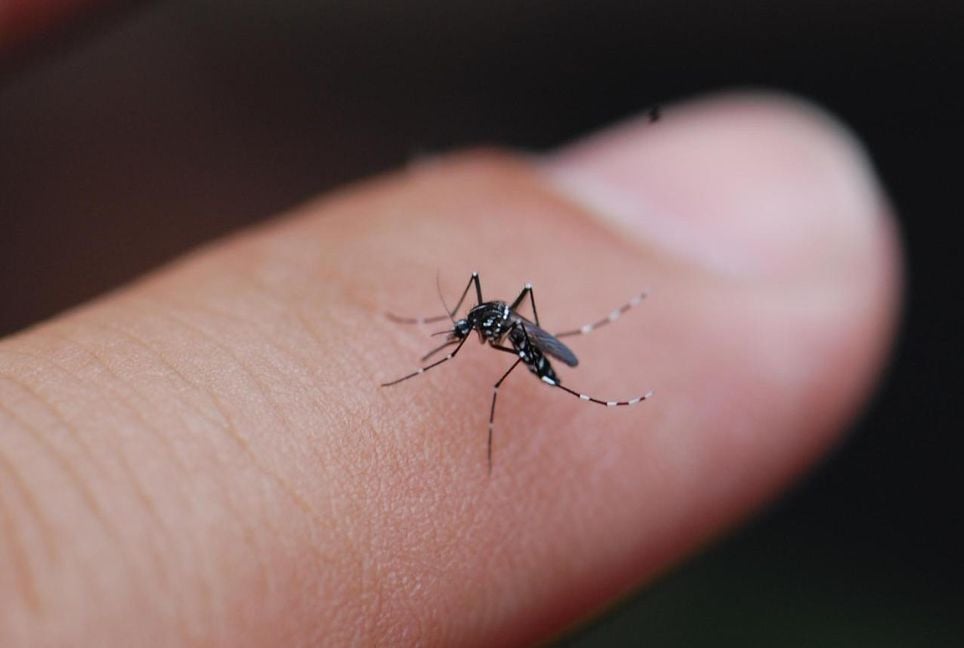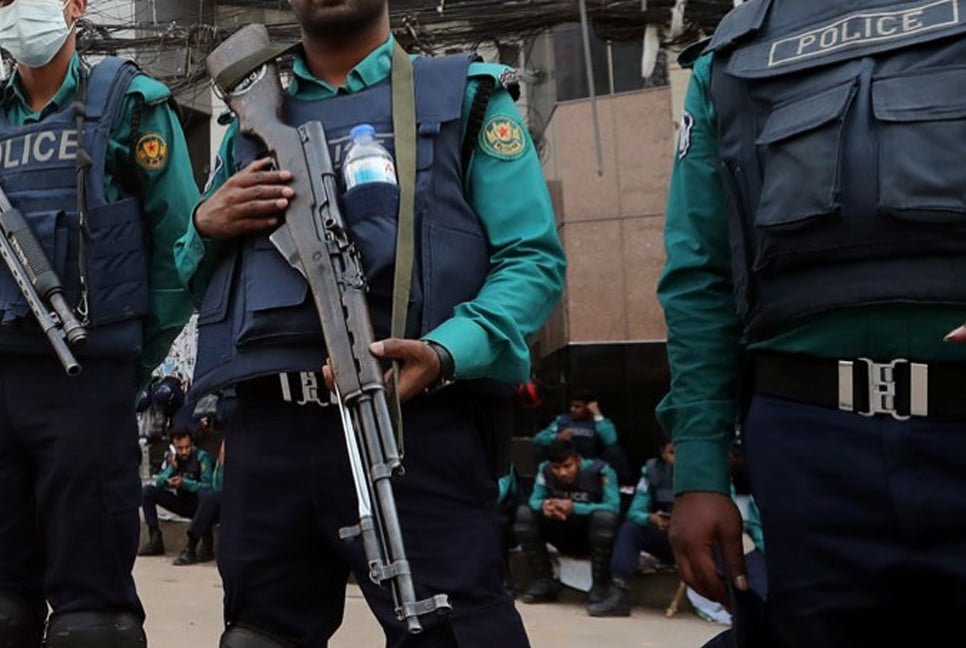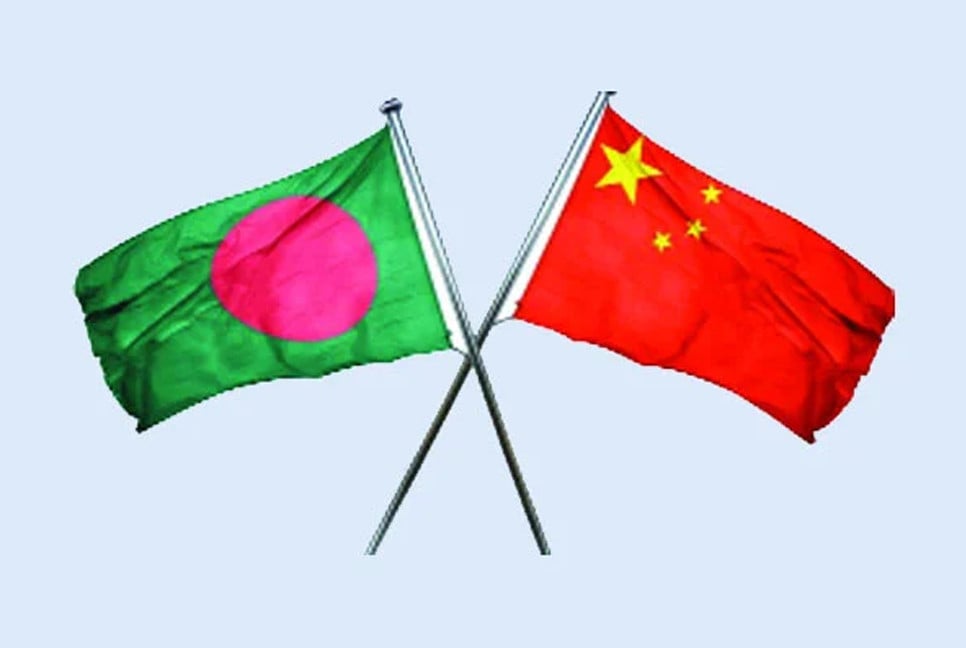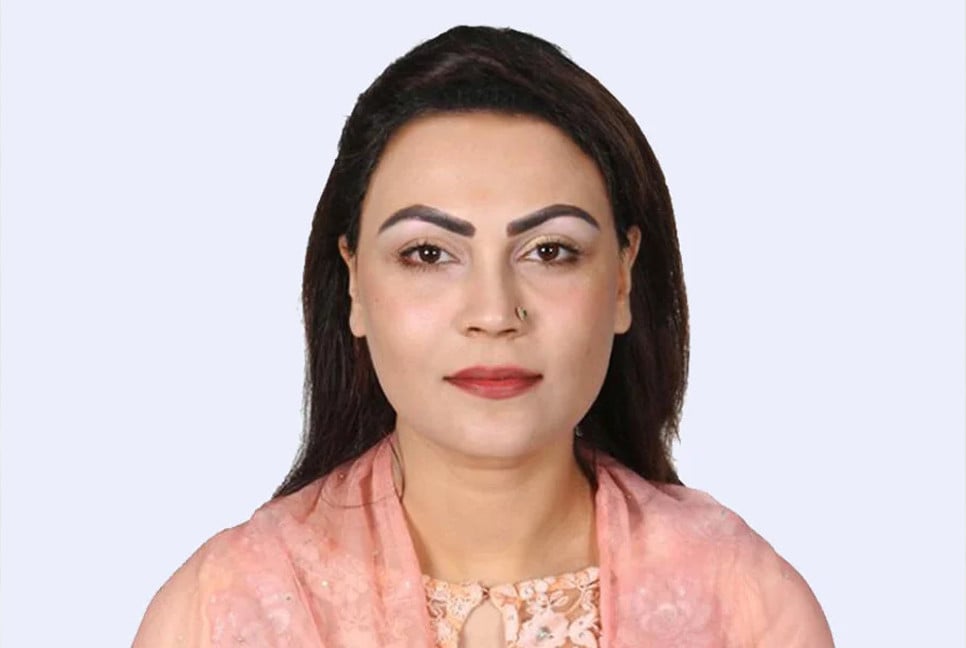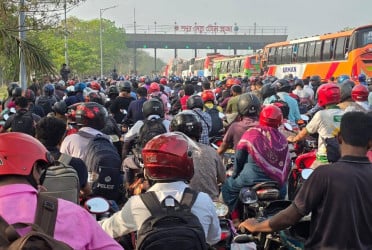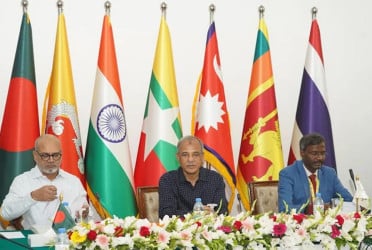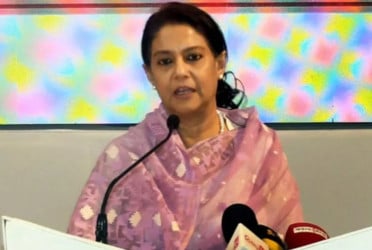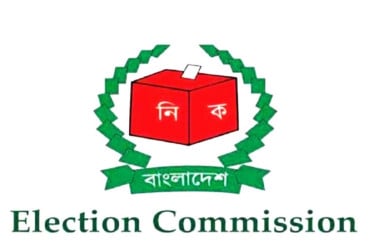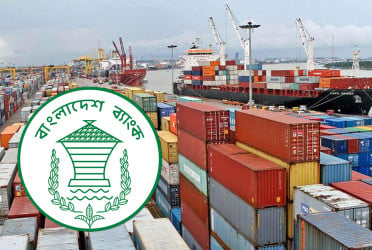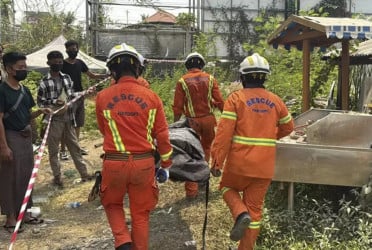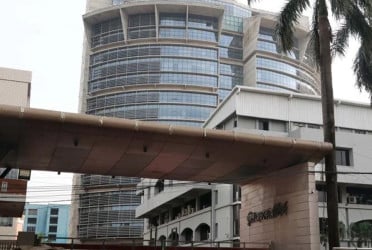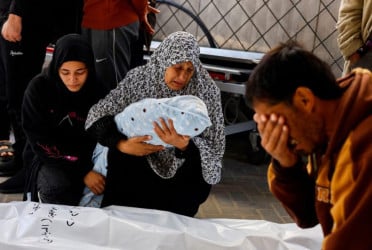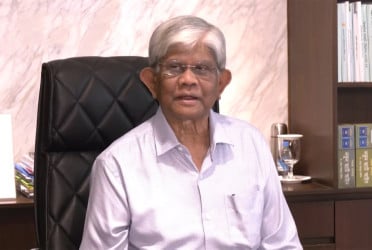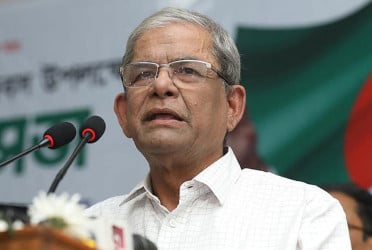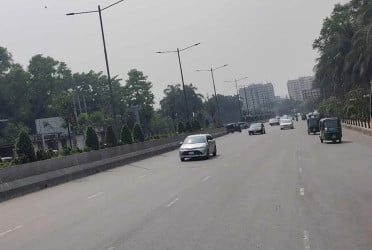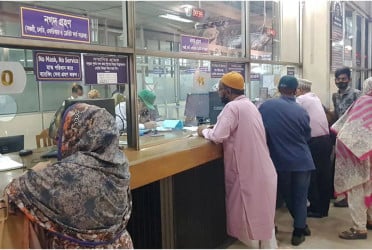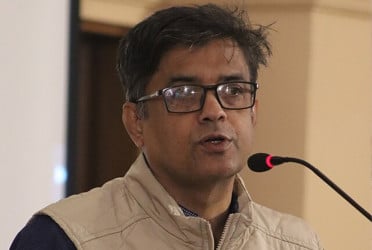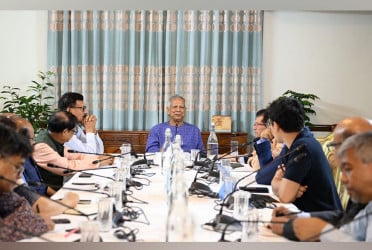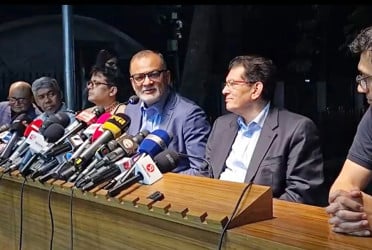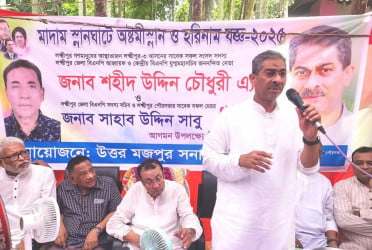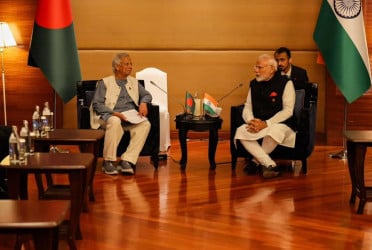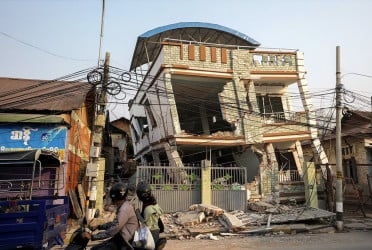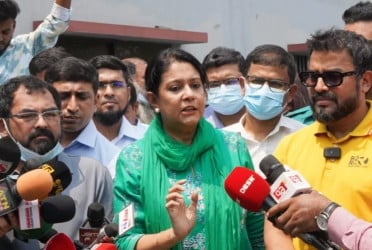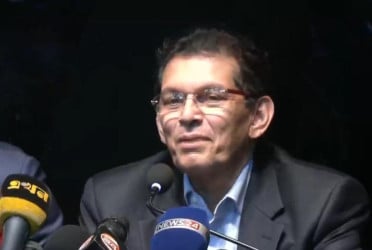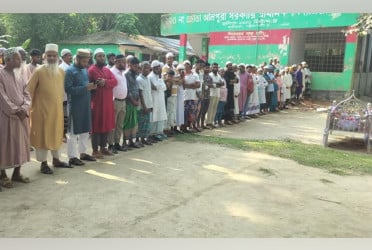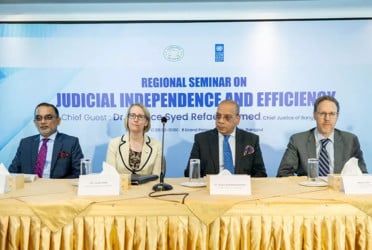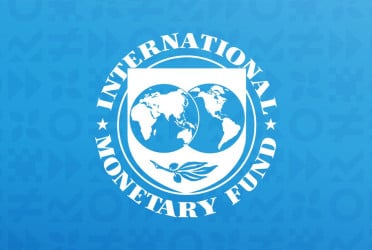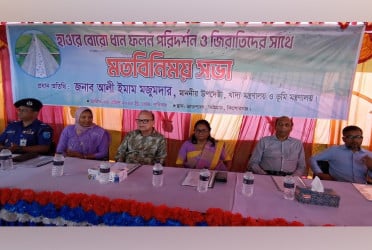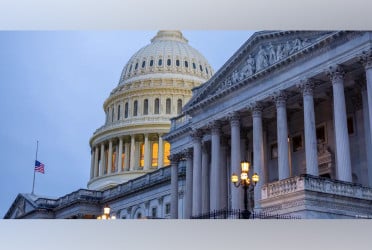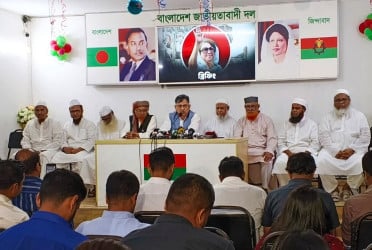Every year, the dengue season triggers a frantic push to eradicate mosquitoes. In the 2023-24 fiscal year, around Tk 360.23 crore was allocated across 11 city corporations, municipalities, and unions solely for mosquito eradication. Yet, despite this substantial expenditure, 1,705 people succumbed to dengue in 2023, the highest in Bangladesh’s history, following 570 fatalities in 2024. Mosquito control appears far from effective.
According to reports from local government and city corporations, Dhaka North City Corporation alone was allocated Tk 122 crore for mosquito eradication in the 2023-24 fiscal year. This budget covered mosquito control programmes, equipment procurement, dengue prevention, cleanliness drives, and awareness campaigns.
Similarly, Dhaka South City Corporation (DSCC) had a budget of Tk 47 crore, while Chattogram City Corporation allocated Tk 3.98 core. Other allocations included Tk 4.7 crore for Gazipur City, Tk 2 crore for Narayanganj City, Tk 73.28 lakh for Rajshahi City, Tk 75 lakh for Rangpur City, Tk 6 crore for Barishal City, and Tk 10.87 crore for Khulna City. Of this, Khulna city acquired Tk 3.97 crore from the Asian Development Bank (ADB).
Moreover, Cumilla City Corporation was allocated Tk 1.2 crore.
However, Sylhet City Corporation (SCC) had no allocated funds for mosquito eradication in the 2023-24 fiscal year, according to SCC Chief Health Officer Dr. Zahidul Islam. The corporation, which oversees 42 wards and requires around 250 staff for mosquito control, has only two employees, he said.
Dr. Nishat Parveen, chief health officer of DSCC, stated that the city corporation holds mosquito eradication programmes year-round. Larvicide spraying and fogging are conducted daily in all wards. “Current programmes aim to eradicate Culex mosquitoes, while awareness campaigns are being conducted to control Aedes mosquitoes,” she said.
She further noted that dengue patients often end up in major hospitals, with their addresses recorded under other city corporations. Therefore, to control mosquitoes, it is crucial for everyone to work together in coordination rather than focusing on specific areas, she emphasised.
The Local Government Division’s annual report for the 2023-24 fiscal year revealed that Tk 32 crore was allocated to 12 city corporations for dengue prevention, with an additional Tk 8 crore for media awareness campaigns. Additionally, municipalities were allocated Tk 20 crore for dengue prevention and cleanliness programmes, while unions were granted Tk 100 crore to address underdevelopment, natural disasters, and dengue.
Despite these efforts, the Directorate General of Health Services (DGHS) reported 1,01,214 dengue hospitalisations and 575 deaths in 2022. In 2023, the numbers ascended to 3,21,179 cases and 1,705 deaths, though these figures exclude cases from unreported hospitals, clinics, and patients treated at home.
Dr. Kabirul Bashar, a professor of the Department of Zoology at Jahangirnagar University, questioned the persistent failure to control dengue despite widespread awareness and existing control measures. He warned that without scientifically integrated mosquito management, the situation is likely to worsen nationwide, not just in Dhaka.
Dr. Tofayel Ahmed, head of the Local Government Reform Commission, stressed the urgency of a clear mosquito control policy, advocating for scientific and integrated strategies. “Despite spending money, mosquito eradication programmes are not yielding results,” he said, adding that they plan to hold discussions with city corporation executives and other relevant officials in this regard.
Translated & edited by Fariha Nowshin Chinika

